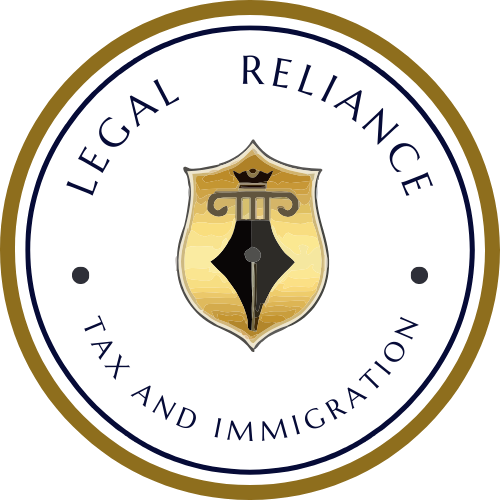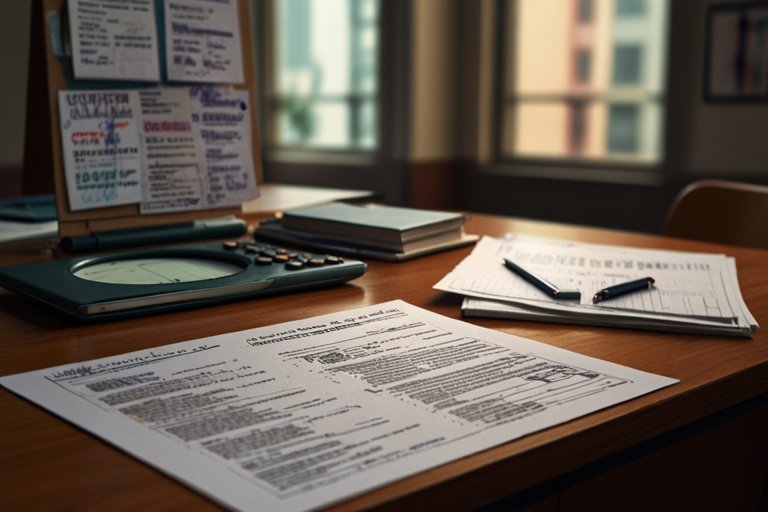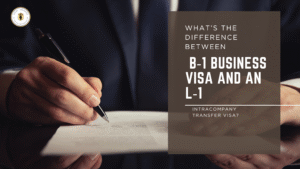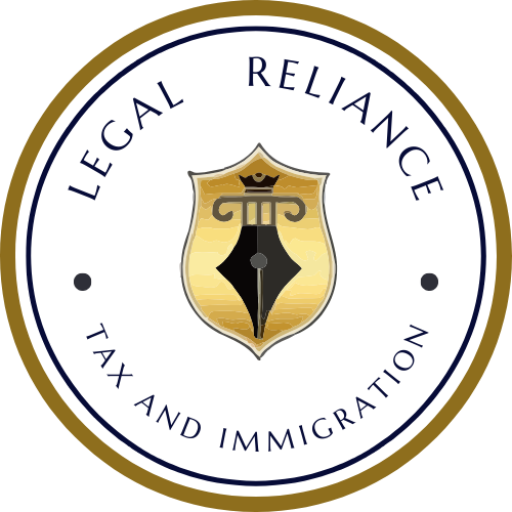Applying for a U.S. visa can be an exciting yet nerve-wracking process. Whether it’s for work, study, or travel, receiving a rejection can be disheartening, especially when you’ve invested time and resources. But don’t worry—you’re not alone. Many Pakistanis face visa rejections due to common, avoidable mistakes. In this guide, we’ll dive into the main reasons U.S. visa applications are denied for Pakistanis and share actionable tips to ensure your application stands out.
Understanding U.S. Visa Denials
Before we jump into the reasons, let’s clarify why visas are sometimes denied. The U.S. immigration process is thorough, and consular officers assess applications under strict guidelines. If your application doesn’t meet the criteria or raises red flags, it may be rejected under Section 214(b) of the Immigration and Nationality Act.
Insufficient Financial Documentation
What happens when you can’t prove financial stability?
One of the leading causes of visa rejection is failing to demonstrate that you can financially support your stay in the U.S. For instance, if you’re applying for a tourist visa, the consulate will want to see bank statements, employment letters, or other proof that you can cover travel costs.
How to avoid this:
- Submit bank statements for at least six months.
- Provide employer letters confirming your salary and leave approval.
- Show proof of any sponsorship if someone else is funding your trip.
Incomplete or Misleading Application Forms
Can small mistakes really lead to a rejection? Absolutely!
Filling out the DS-160 form is a critical step, but even minor errors can result in rejection. Misleading information, whether intentional or accidental, can also harm your chances.
How to avoid this:
- Double-check your application for errors.
- Be honest about your intentions and background.
- Consult a professional if needed to ensure accuracy.
Lack of Strong Ties to Pakistan
Why does this matter?
The U.S. government wants to ensure that you will return to Pakistan after your visit. A weak connection to your home country raises concerns about potential overstay.
How to avoid this:
- Provide evidence of stable employment.
- Include proof of family ties, property ownership, or ongoing education.
- Emphasize commitments that require your return to Pakistan.
Suspicious Travel History
Does your travel record impact your application? Yes!
If your travel history includes overstaying visas in other countries or visiting nations flagged for security reasons, it could raise concerns during your U.S. visa application.
How to avoid this:
- Maintain a clean travel record.
- Be prepared to explain any extended stays abroad.
Overstaying a Previous Visa
Is this a dealbreaker? Often, yes.
If you’ve overstayed a U.S. visa in the past, it can significantly reduce your chances of getting approved again.
How to avoid this:
- Always respect the terms of your visa.
- If you overstayed due to unavoidable reasons, gather documents to explain the situation.
Failing the Visa Interview
How important is the interview? Very!
Your interview is your chance to make a solid impression. Nervousness, vague answers, or appearing unprepared can lead to rejection.
How to avoid this:
- Practice answering common interview questions.
- Stay calm and confident.
- Be honest and clear about your travel purpose.
Inadequate Supporting Documents
Why do these documents matter?
Supporting documents are the backbone of your application. Missing or insufficient documents can result in immediate denial.
How to avoid this:
- Follow the document checklist provided by the U.S. Embassy.
- Organize your paperwork to present a clear, complete application.
Criminal Records or Security Concerns
Can this permanently bar you?
Yes, if the consulate identifies a criminal record or security concern, your visa application will likely be denied.
How to avoid this:
- Be honest about your history.
- If applicable, demonstrate rehabilitation or explain minor infractions.
Applying for the Wrong Visa Type
Does the visa category matter? Absolutely!
If you apply for a tourist visa but your intentions suggest you need a student or work visa, your application may be rejected.
How to avoid this:
- Research the visa types thoroughly.
- Apply for the one that aligns with your purpose of travel.
Common Myths About U.S. Visa Rejections
There are many misconceptions about visa applications. For example, some believe having a relative in the U.S. guarantees approval. Others think reapplying immediately after rejection will change the outcome. Understanding the facts is essential.
Practical Tips to Avoid Rejection
- Be Transparent: Always provide truthful information.
- Stay Organized: Have your documents in order before the interview.
- Practice Interviews: Confidence is key to answering questions clearly.
What to Do If Your Visa Is Denied
If your visa is rejected, don’t panic. Understand the reason for denial and address it before reapplying. You may also seek advice from immigration experts to improve your application.
How to Reapply Successfully
- Correct errors from your initial application.
- Gather stronger evidence to support your case.
- Consider waiting a few months before reapplying to show you’ve addressed any concerns.
Conclusion and Final Thoughts
Applying for a U.S. visa can feel overwhelming, but understanding the common reasons for rejection can help you navigate the process successfully. By preparing thoroughly and avoiding pitfalls, you can significantly improve your chances of approval. If you’re planning to apply, start early and seek guidance to ensure a smooth experience.
FAQs
1. Can I reapply immediately after my visa is rejected?
Yes, but it’s better to address the reasons for rejection first to improve your chances.
2. Is having a sponsor enough to guarantee visa approval?
No, you must still meet other requirements, such as proving strong ties to Pakistan.
3. How much money should I show for a U.S. tourist visa?
It depends on your travel plans, but you should show sufficient funds to cover your trip and prove financial stability.
4. Can overstaying in another country affect my U.S. visa application?
Yes, past visa violations in other countries can raise concerns during your U.S. application.
5. Does having a criminal record mean automatic rejection?
Not necessarily. Minor offenses may not affect your application, but serious crimes or unresolved issues can lead to denial.








